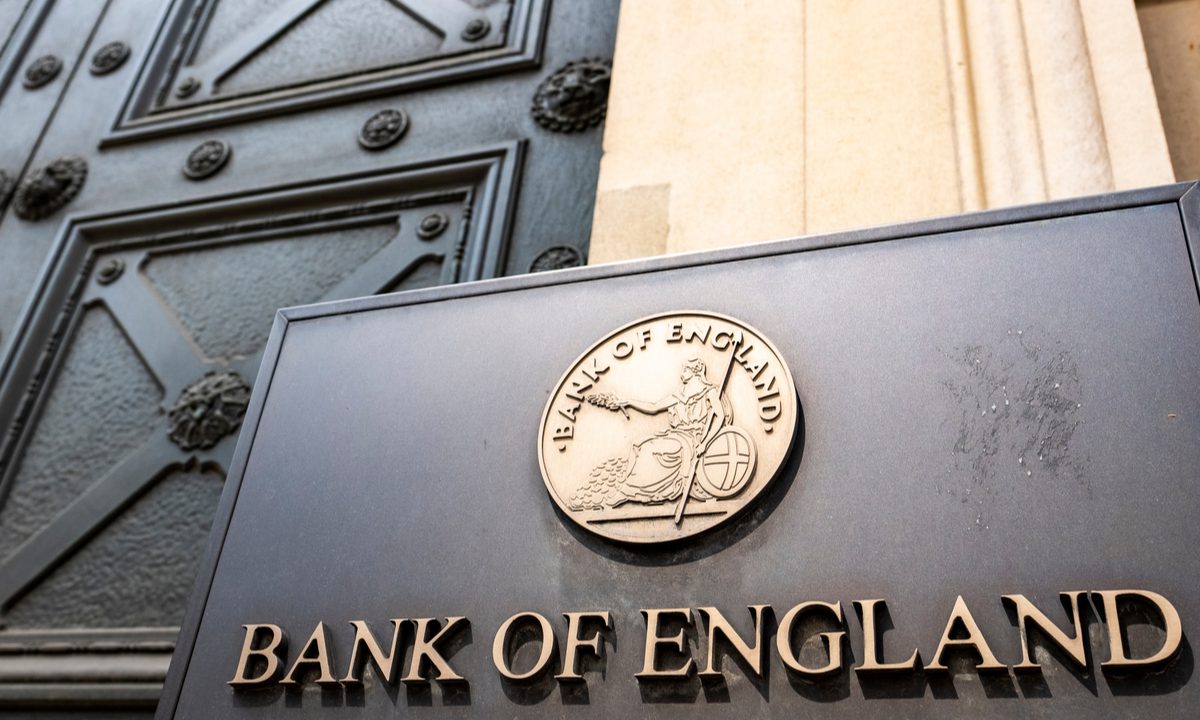The Bank of England (BoE) has taken a significant step towards the launch of its central bank digital currency, nicknamed “Britcoin,” following the completion of a trial study called Project Rosalind.
In July 2022, the BoE and the Bank for International Settlements launched this joint experiment to investigate the implementation of application programming interfaces (APIs) in retail central bank digital currency (CBDC) transactions.
It examined the integration of CBDCs on smartphones, in retail stores, and online platforms. Furthermore, it delved into the concept of “programmability,” which involves customizing digital money to behave in specific ways based on predefined conditions.
A report released on June 16 summarized the second phase of Project Rosalind, revealing that a CBDC could make person-to-person payments cheaper and more efficient.
Additionally, it highlighted the potential for businesses to develop innovative financial products that combat fraudulent activities.
The study focused on the development of 33 API functionalities and explored over 30 use cases for retail CBDC.
During Politico’s Global Tech Day conference, Cunliffe rated the likelihood of a CBDC project proceeding at “seven out of ten.”
CBDC programmability has faced skepticism, with critics suggesting that it could be programmed to work against its users.
In summary, with the completion of Project Rosalind, the launch of the BoE’s central bank digital currency, known as ‘Britcoin,’ is drawing nearer.
Francesca Road, the head of the BIS London Innovation Hub, stated, “The Rosalind experiment has advanced central bank innovation in two key areas: by exploring how an API layer could support a retail CBDC system and how it could facilitate safe and secure CBDC payments through a range of different use cases.”
Despite the positive findings from Project Rosalind, BoE Deputy Governor Jon Cunliffe cautioned that a final decision on launching a CBDC in the country is still several years away.
Simultaneously, on the day of the Project Rosalind findings’ release, enterprise blockchain firm Quant Network announced its participation as a vendor in the study.
This announcement had a positive impact on the price of Quant’s native QNT token.
The study highlighted the potential benefits of CBDCs in facilitating cost-effective and efficient peer-to-peer payments, while also enabling the development of innovative financial products to counter fraudulent activities. However, the final decision on launching a CBDC in the UK is still expected to take several years.
However, the study concluded that a well-designed API layer could enable central banks to collaborate with the private sector and securely provide retail CBDC payments.
Other Stories:
USDT suffers de-pegging concern after 3pool imbalance
BUSD plummets down stablecoin rankings
USDT suffers de-pegging concern after 3pool imbalance




